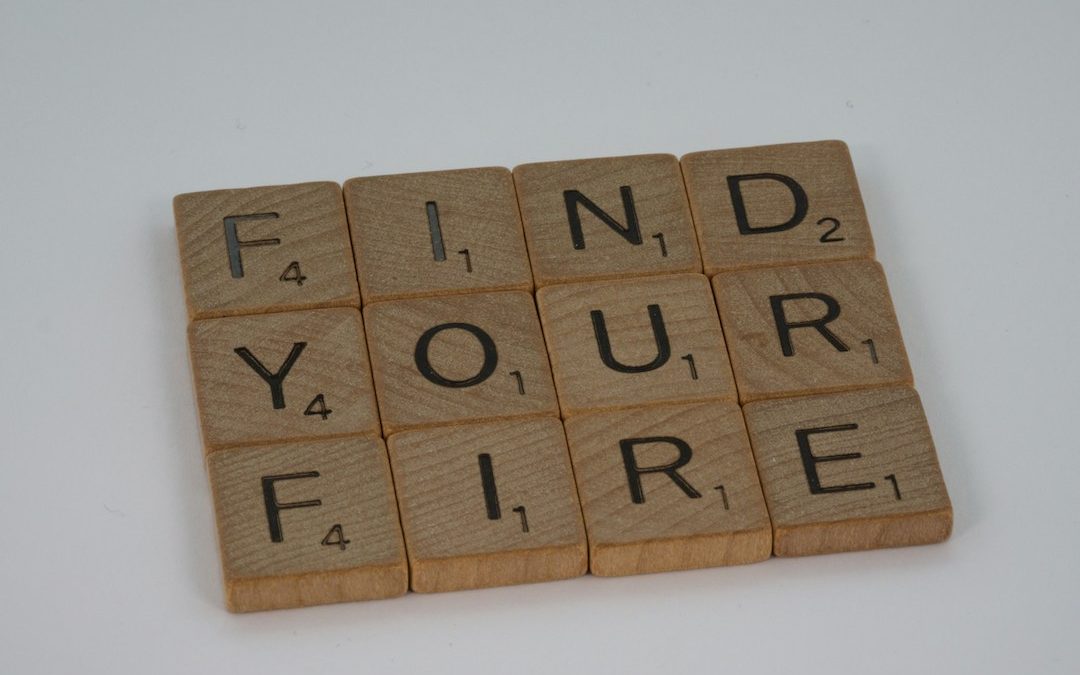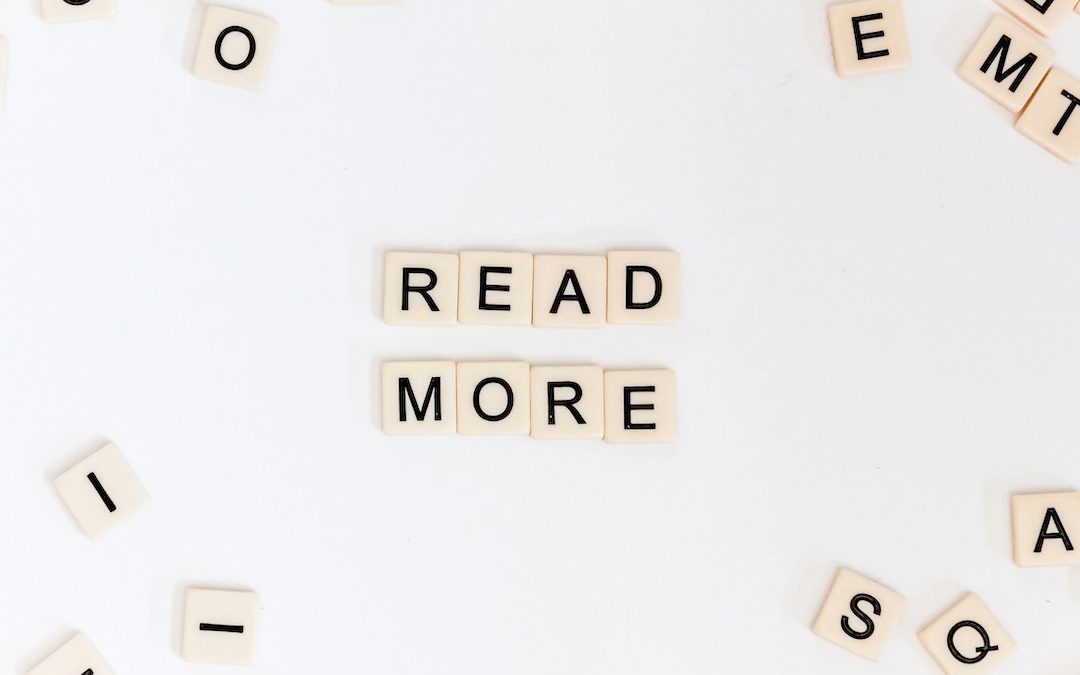
by Rachel Toalson | This Writer Life
Writing anything takes a long time.
When I visit schools and talk about my writing process, eyes glaze over if I mention revising. I suspect a lot of us feel our eyes glaze over when we consider how much revision a piece of writing requires.
It would be nice to be done on the first try, wouldn’t it? We have to read that whole thing again? No thanks. But the answer is yes. We have to read it again and again and again. We don’t produce our best work on the first try.
Nothing I write comes out perfect on the first try. My novels take anywhere from four (if I’m lucky) to twenty (if I’m unlucky) drafts. Think about that.
Rewriting and rewriting and rewriting (sometimes endlessly) is hard and time-consuming. Many of us give up before we get to the end. Or maybe we don’t even get started in the first place, because…yeah. That’s a lot of writing and rewriting.
Getting started—and finishing—is easier when we’re writing our passion. What we care deeply about.
The projects I tend to procrastinate on (and I’m not generally a procrastinator) are the ones I’m not quite as excited about for one reason or another. When I’m working on a project or a subject I care about, things go much more smoothly—and quickly.
This is one reason why writing to trends doesn’t usually work out, unless the trend so happens to be your passion. We may be excited about writing that first book to the trend, but what about the next? Is the “passion” sustainable?
The fact is, we’re more likely to finish a novel or piece of writing we care deeply about. And only a finished product stands a chance of getting published.
The important questions we need to ask ourselves are:
What do I care about?
How can I use that in my writing?
Maybe it’s building a theme in a story or designing a character who cares about the same thing(s) we do. Or writing a poem or an essay about the subject.
Passion and excitement come through in our writing—so does boredom and dread.
How do we find our passion?
1. Make a list of things that are important to you.
Think about your values and what you like to do. Think about what you don’t love. Think about who you are at the deepest level (an environmentalist? A feminist? A defender of human rights?). Consider what you talk about most or what you’re excited to tell others.
Collect them all in the same place, and use them as springboards for compositions.
2. Look back at your earlier writing.
Early writing can tell us something valuable about our passion and the things we care deeply about. Writing from when we were kids, or writing from when we were first getting started. Any of it can point us toward what we care about.
If you journal, you can likely find some of what you love and feel passionately about in the pages of past journals. Note patterns or things that crossed your mind frequently, wonderings you had. Hopes and dreams.
3. Broaden your list.
Engage your curiosity. Curiosity can lead us to new things that interest and intrigue us, that open up a whole new realm of writing possibilities. Stay open-minded. Try new things. Listen to new voices. You might find another passion you haven’t considered before. You never know until you give it a chance!
Have a fantastic month of writing—and finishing—stories and pieces that contain you, your passion, and everything that intrigues you.

by Rachel Toalson | Books
Here are 5 (or 6) things worth sharing this month:
1. Reading (MG): “I wondered if ideas were born the same way stars are, starting off small and collecting space clouds and dust until they have enough to burst open.” If you’re looking for a sweet, unusual, compulsively readable middle grade book, be sure to pick up What Stars Are Made Of, by Sarah Allen. It’s about a girl born with Turner Syndrome, and I don’t think you’ll ever read another book like it. Allen is also the author of Breathing Underwater, which is on my 2024 TBR list.
2. Reading (YA): Elana K. Arnold’s newest book, The Blood Years, is a mesmerizing YA historical novel about a girl in Romania and her family’s struggle to survive the Holocaust. This book will captivate you all the way through. There’s so much historical detail—but not so much that it becomes tedious; it only adds to the intrigue of the story. Arnold is also the author of several YA books I’ve loved, including Damsel, What Girls Are Made Of, and Red Hood.
3. Reading (adult, F): “Humans. For the most part, you are dull and blundering. But occasionally, you can be remarkably bright creatures.” I LOVED Remarkably Bright Creatures, by Shelby Van Pelt, so much! It’s the first of Van Pelt’s books I’ve read (and so happens to be her first), but I hope it will not be my last. This book is full of quirky and lovable characters, a beautiful storyline, and an octopus you’ll root for until the end.
4. Reading (adult, NF): I started listening to Mary Louise Kelly’s It.Goes.So.Fast.: the Year of No Do-Overs, while working out on the elliptical because of significant rain during the last few weeks. I couldn’t do it, though. It was way too emotional, so I had to listen at other times, when I wasn’t already breathing hard. This book is a beautiful memoir about children growing up. And maybe it hit me in all the feels because I’m the parent of a high school junior—which means next year will be my last year with my firstborn. Oh my. Kelly saw right through to my heart. I highly recommend it for parents. (By the way Kelly, who is an NPR correspondent, read the audiobook.)
5. Reading (adult, NF): “Under a lifetime of vigilance and fear of bodily harm often lies a bedrock of rage.” Another great nonfiction read is Melissa Febos’s Girlhood, a collection of essays that examine the narratives women are taught about what it means to be female. I think I’ll have to read it twice. It was so very good. Febos is also the author of the memoirs Whip Smart and Abandon Me, both of which are on my 2024 TBR, as well as Body Work: The Radical Power of Personal Narrative, which I got for the holidays and can’t wait to dive in to.
6. Reading (adult, F): “The wonder is that you could start life with nothing, end with nothing, and lose so much in between.” Demon Copperhead, by Barbara Kingsolver, was one of the best adult reads I read this year (and I’m not the only one who thought so—it won this year’s Pulitzer Prize). It examines small-town life and the opioid epidemic in a way that felt real and true and not given to stereotypes (and I’ve seen a lot of stereotypes when writers write about small-town, rural, American south, maybe because they’ve never lived there). It’s worth a read, even though it’s long. I read the audiobook, which made for a fantastic experience.

by Rachel Toalson | Wing Chair Musings
Every new year comes with a bit of reflection.
We may do it consciously or unconsciously, but there’s something about a new year that encourages reflection. All those things that have passed and happened in the year before. Or all the years before. Everything we hope for this next year.
It’s kind of arbitrary timing, turning over from December to January (although it was wonderfully symmetrical this year, beginning a new year on a Monday, wasn’t it?). Reflection, after all, can happen at any time—and probably should, if we want to make real progress toward our goals and personal growth.
January is also the month of my birthday, when I start thinking, What exactly have I done in the last year? Other questions follow. Have I been intentional? Did I meet my goals? How many? (Definitely not all of them. But that’s okay, I tell myself. They’re goals, something you work toward.)
And perhaps the biggest question: What can I do differently in the next year, using what I learned last year?
And there it is—reflection.
During this reflection time, I have to remind myself, often, that I’m a work in progress. We all are. A work in progress isn’t perfect. So we can’t expect perfection of ourselves (or others, as it happens).
There are things I want to get better at—things I’ve wanted to get better at for years (and no, it’s not knowing where to place prepositions to speak and write properly. I already know that. I just break the rules). Maybe I’m making progress toward these self-improvement goals…but how do we really know unless we look at things honestly and evaluate?
What have I done? Well, maybe I didn’t write as much; I finished fewer drafts last year than I have in previous years. But I visited several schools and had some great conversations with students and made some new friends. And I published some books. And I did finish drafts—several. I hung out with my family and my kids and their friends. I wrote some notes, encouraged people, helped out where I could.
I’m beginning to learn that what matters more than what we’ve done is the mark we’ve made. What have we left behind us?
I’d like to change my question “What exactly have I done” to “How has what I did this year made the world better?” It’s a perspective of purpose.
I want to make the world better. I want to make people think and believe in the magnificence of their whole selves. It may not shift the world in a dramatic, easily quantifiable way, but someone somewhere might be changed by one of my books or words I share or an encounter with me. And a little bit goes a long way, doesn’t it?
We don’t always see the full impact of our work and our existence. So much of what we do and the marks we make happen underground. We plant seeds or we water seeds or we clear the ground for a seed to be planted later. Our marks aren’t always obvious.
As I make my goals for the new year, I try to remember they can shift, much like I hope to do throughout the year. What’s important now may not be important in six months. I’m not the most flexible person, and I want to work on that. Sometimes that’s the way to make the world better, too: realize we’re not done growing and learning and changing, too.
I hope I’ve done work that has made the world better. I also hope it’s made humanity better. And me better. I may not be able to measure whether my work has made its mark or how spectacular a mark it’s made.
But maybe it’s enough to know, for all of us to know, that we’ve done our part—ushered good books into the world, impacted children—our own or others—and influenced the circle of people in our care.
Let’s keep doing our little bit.
Have a magical month of making your mark.
Some things to remember when reflecting on your year:
1. We’ve come a long way.
It’s easy to discount how far we’ve come when we feel we should have done more in a year…or five years…or ten…
But don’t forget to look at what you have done and how you’ve grown. I may not have written as many drafts in 2023 as I did in 2022—but I wrote several. And that’s something to celebrate.
Even one step forward is progress. Keep moving.
2. We have a long way to go.
A year is a long time (well, theoretically…my years seem to fly by now). We have another wide-open opportunity to grow and change.
I don’t want to be stagnant. I want to understand that I don’t know everything—not even half of it. I want to learn all I can and listen all I can.
All of life is an opportunity to become ourselves. Remember: We’re works in progress and always will be. Never stop growing.
3. A blank slate is available any time we need it.
It’s easy to use a new year as that time for change and reflection—but the truth is, we can do that at any point of the year. The beginning of a quarter or the beginning of a month, the beginning of a week, the beginning of a day. Reflection is a state of mind.
We can create our own blank slate any time we need it.

by Rachel Toalson | This Writer Life
One of the most surprising and beautiful things I have learned about the kid-lit community is it is filled with kind and generous writers. There is an unspoken belief among my fellow writers: We need each other.
Sometimes, when we’re immersed in the writing world, it can seem like there are only so many spaces for people—and in some ways that’s true. Only a certain number of books get picked up by traditional publishers. Not every book can win an award. Only a few make a bestseller list.
It can be extremely hard to remember this is not a competition. We all have our own race to run.
I like to think that when you give generously—when you help out another writer or you introduce them to your network or you gush about their book—it comes back to you. Pay it forward, and maybe it will come back. Maybe it won’t, too. But that doesn’t matter, because in the act of paying it forward, you realize something important: Generosity is good for you.
If I have influence, I want to help other people. There are so many good stories out there, and so many that still need to be told.
Before my first book, a novel in verse, published, I attended a conference where I knew pretty much nobody. But I saw that an author I admired—Laura Shovan, who wrote one of my favorite novels in verse (The Last Fifth Grade of Emerson Elementary)—was also there, so I went out on a limb and contacted her.
She generously took me under her wing, introduced me to some outstanding poets, and brought me into the fold. She showed me that I belonged there in the writing community, and I have never ever ever forgotten it. I’m in her poetry community now, and every February a large group of us create and share with each other themed poetry for the month.
The friends I meet—I’m cheering them on. I genuinely want to see them succeed. A rising tide lifts all boats.
I want to have a generous spirit, as a writer. I have definitely met some who didn’t and don’t. Nobody’s happy in a writing culture of competition. But in a writing community of generosity? We all win.
Here are some of my favorite ways to pay it forward as a writer.
1. Share resources and things you’ve learned.
This is probably one of the easiest ways to pay it forward. We don’t start out being awesome writers. So how did we get here? Sharing craft books and teaching resources that moved us along our journey can be incredibly helpful to those a little farther behind us on the journey.
When writers have questions, answer them. (Now, I’m not proposing you answer every single question that comes your way individually. When would we have time to write if we did? My friends and I have a standard email we send out to people who contact us for questions, pointing them to answers and resources that can help.)
As you progress, bring someone else along with you. As you learn, share.
2. Share your network.
One of the most valuable things we can do in the writing world is build our network. But when we’re new, we don’t know many people. And we’re probably also suffering from a gigantic case of imposter syndrome. (Actually, that plagues us every step of the way—but it is worse in the beginning.)
Introduce new writers to people you know. People they can learn from. The writing community can be an incredibly supportive place. We understand and recognize each other.
At any point in our writing journey, there will always be someone farther ahead and someone farther behind. Help the laggers, and you’ll probably find yourself helped, too.
3. Read other writers’ work and share about it.
Word of mouth is one of the most effective ways books get into readers’ hands. So talk about your favorite books and authors.
And also—tell authors what you loved about their book. We hear a lot of reasons people don’t like our books; it does us good to hear the positives. Be generous with your praise.
It’s important to remember in the writing world that there’s room for us all. Readers will keep reading books. And there are plenty of readers to go around.
We’re stronger together.
Have a marvelous month of paying it forward.

by Rachel Toalson | Books, Uncategorized
1. Reading (MG): I just finished Joanne Rossmassler Fritz’s novel in verse, Everywhere Blue, about a musical girl looking for answers to her older brother’s disappearance. It was a gripping story of love, climate change, and family bonds. Fritz is also the author of Ruptured, which just released last month. I have not yet read it but am eagerly looking forward to it.
2. Reading (YA): “No wonder early man going back and back looked at that power and force and said, that shit better be squashed, or we won’t be in charge. We better get on top of that power, and fast. We better use all we got, physical strength and control and shame, because man oh man, she is lighting and thunder, the bearer of all things, right there. She’s massive, so we better make her feel small ASAP.” Plan A, by Deb Caletti was just what I’ve come to expect from Deb Caletti novels: profound, courageous, illuminating. I’m a super fan of Deb’s, and I can’t recommend this book enough. (Other favorites of hers: A Heart in a Body in the World; Honey, Baby, Sweetheart; and Girl, Unframed.)
3. Watching: My husband and I just started watching Schmigadoon on Apple TV—and my gosh is it fun! It’s a series that’s a musical, and so cleverly written we find ourselves, after every episode, feeling impressed by the music, the caliber of the performers, and the plot itself. There are currently two seasons, and both follow couple Melissa and Josh as they get trapped in a musical world with a mission to complete. The first season shows us Schmigadoon, and the second season (my favorite so far) takes place in Schmicago. It’s riotous fun.
4. Reading (adult): On a recent early-morning run, I finished Mother-Daughter Murder Night, by Nina Simon, a story about three generations of women who come together to solve a murder in their town. If you like mysteries mixed with family dramas, this will be a good one to pick up. It’s not my favorite thing to read (honestly), but this one kept my attention, and the characters were compelling enough to feel invested in them.
5. Reading (MG): “All of life is a mystery, in a way. And that makes every single one of us a detective.” What a sweet, tender-hearted story—The Lost Library, by Rebecca Stead and Wendy Maass is the kind of book that you’ll speed through and wish would never really end. It’s the story of a little free library, a cat who guards it, and a boy who discovers it and seeks to uncover its mysteries, starting with the books in it. It’s clever, striking, and inspiring.
6. Watching: The Netflix docuseries The Most Hated Man on the Internet, about Hunter Moore and his revenge web site Is Anyone Up? will make you cringe, shout, and wonder what on earth is wrong with people. Is Anyone Up was a pornographic site that used stolen and hacked photos of men and women, posted by exes or people who wanted revenge on them. It ruined many people’s lives before the IRS got involved. Ugh. I hate that things like this exist, but it was a worthwhile series to watch. Information is better than ignorance.






